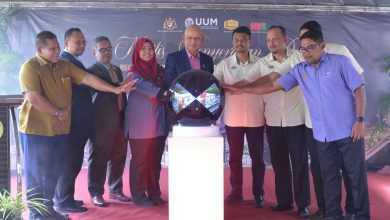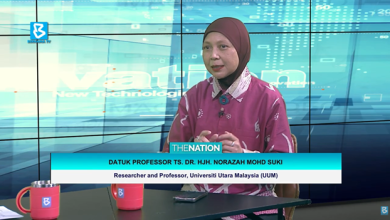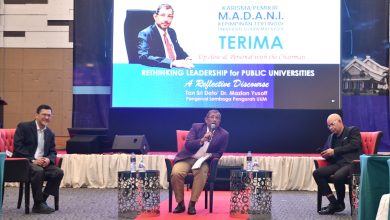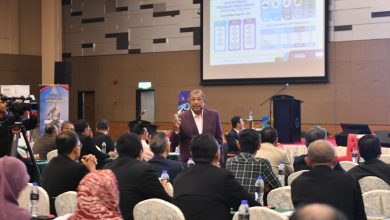Rebuilding Trust, Reforming Laws: A Legal Solution to Malaysia’s Abandoned Housing Projects
SINTOK, 29 July 2025: The persistent issue of abandoned housing projects in Malaysia has once again come under the spotlight, this time through the Inaugural Professorial Lecture Series 2/2025. Prof. Dr Nuarrual Hilal Md Dahlan from the School of Law (SoL), Universiti Utara Malaysia (UUM), brought the matter to the forefront during his lecture held at the Seminar Hall A, UUM Convention Centre.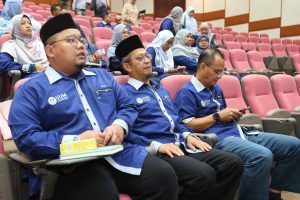
Aptly themed “Rescuing Dreams, Reforming Laws: Ending the Scourge of Abandoned Housing Projects in Malaysia”, the lecture examined the root causes of the problem. Prof. Dr Nuarrual Hilal Md Dahlan highlighted that the issue stems not only from the weak implementation, but also from insufficient policies and legislation that fail to adequately protect the rights of buyers.
Among the challenges identified were the absence of a Build and Sell (BTS) system, the lack of mandatory Housing Development Insurance (HDI) obligation, the need for specific laws to regulate the rehabilitation of abandoned projects, weak enforcement mechanisms, lack of transparency in project implementation, and failure of developers to fulfil their obligations.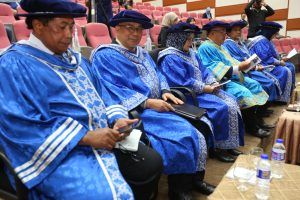
Prof. Dr Nuarrual Hilal highlighted the necessity for extensive reforms aimed at enhancing buyer protection. His recommendations included enhancing legal provisions, enforcing stricter compliance, promoting heightened accountability among stakeholders and adopting sustainable principles. “The solution requires an integrated approach involving policymakers, enforcement agencies, developers, financial institutions, Islamic banks, legal professionals, and the homebuyers themselves,” he said.
As a long-term preventive measure, he advocated for the mandatory adoption of the Build First, Sell Later (BTS) model. However, should the Sell First, Build Later (STB) model continue, it is essential for developers to provide a HDI in addition to special regulations aimed at the rehabilitation of abandoned projects to protect the interests of buyers.
In addressing Islamic housing finance, he emphasised the importance of Islamic financial institutions ensuring that their financing is free from gharar – elements of uncertainties and risks that could lead to loss and injustice. Islamic financial institutions must only offer financing for fully completed projects that possess a Certificate of Completion and Compliance (CCC), and have secure ownership. Moreover, contract terms ought to be just and balanced, ensuring that customers are not unduly burdened.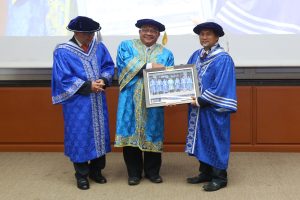
“Islamic financing should only be applied exclusively to completed housing units or, in case of utilising the STB model, it is essential that HDI and specific regulations concerning the recovery of abandoned projects are enforced,” he explained.
He concluded his lecture with a compelling call to action: “It is time for us to uphold the aspiration of home buyers by establishing a robust, transparent and integrity-based legal system. Reform has transitioned from being a mere option to an urgent demand for the pursuit of justice, the restoration of confidence, and the future of the nation’s housing sector.”


